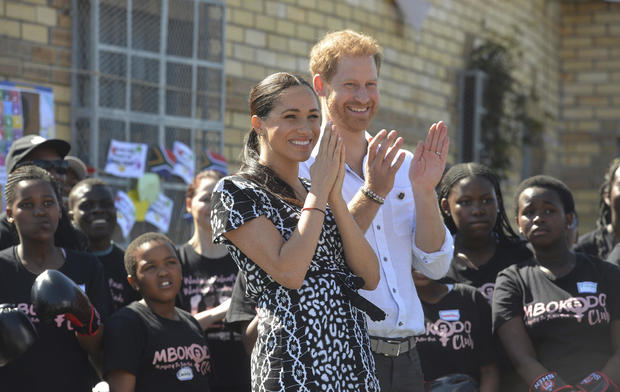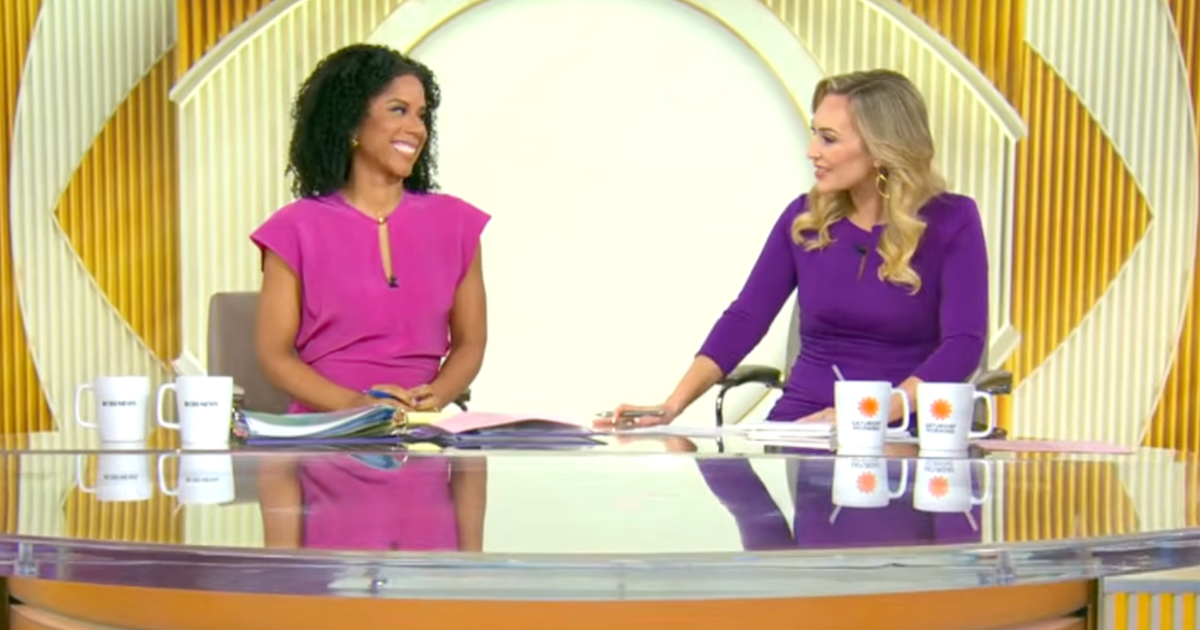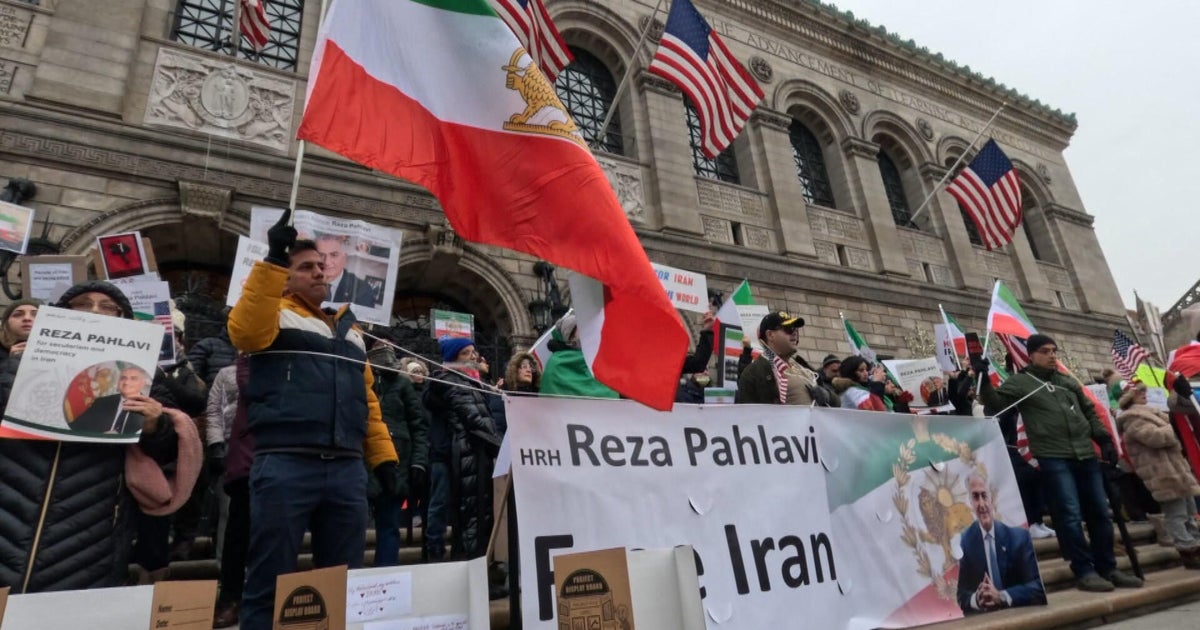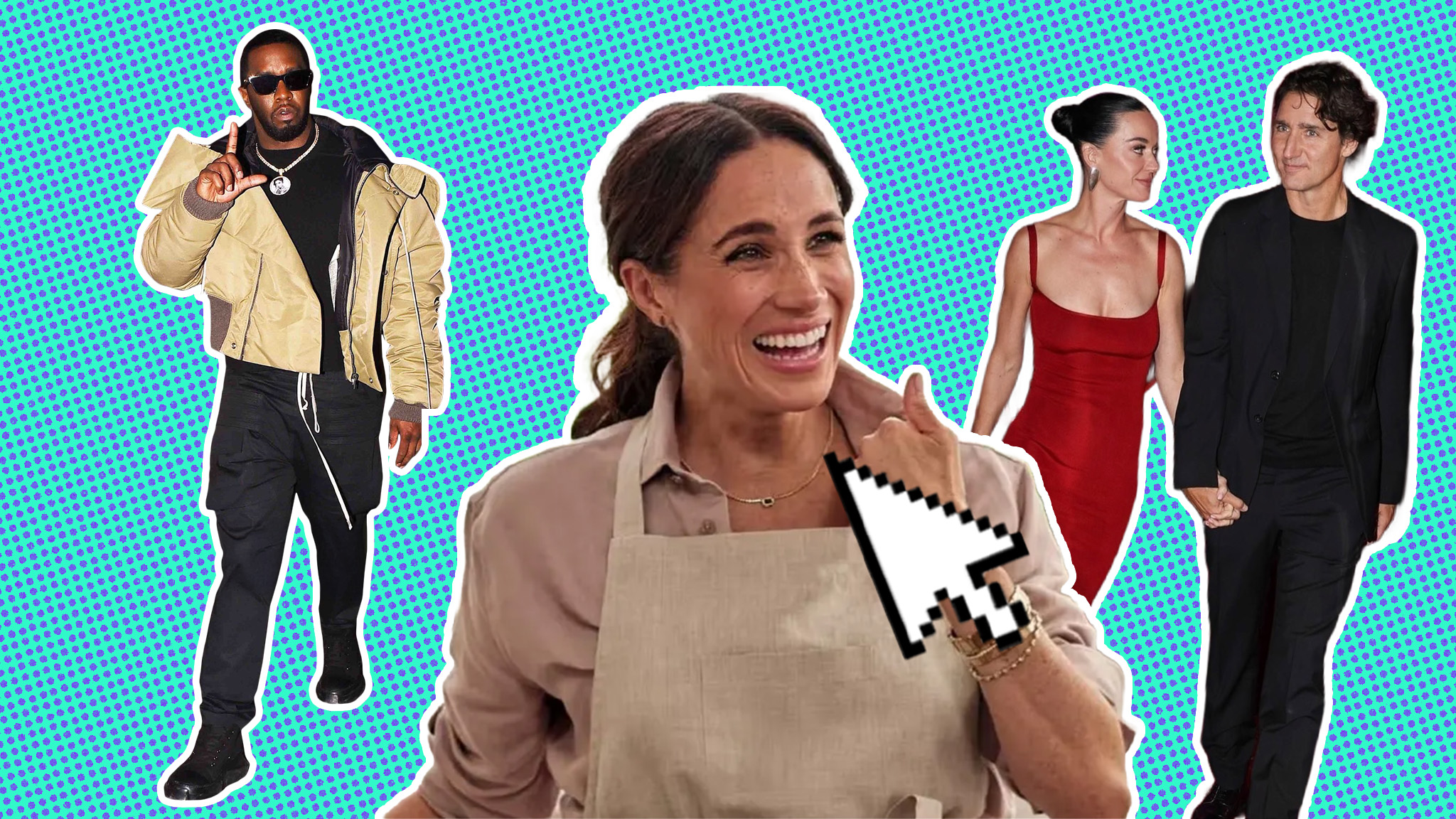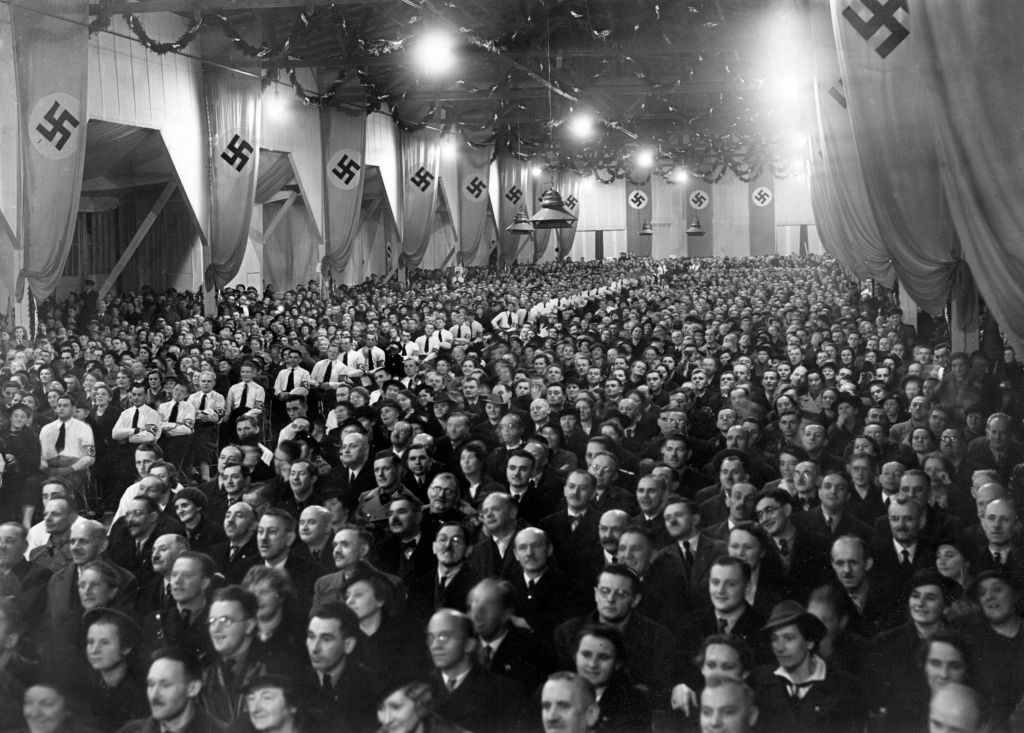After Harry and Meghan's interview, can the queen's role as Head of State in diverse Commonwealth nations last?
London — Wednesday marked exactly a year since Prince Harry and Meghan, the Duke and Duchess of Sussex, made their departure as "working" members of Britain's royal family official. Since the couple's explosive claims of racism, calls have mounted in some British Commonwealth nations to end their association with the monarchy.
The British Commonwealth of Nations is made up of dozens of countries, mostly former British colonies and many with large or predominantly Black populations. CBS News correspondent Imtiaz Tyab has found a rising chorus of voices in those countries asking whether the institution it still relevant today.
A global monarchy
Queen Elizabeth II was still Princess Elizabeth when, in 1947, she delivered a historic speech in South Africa, declaring before thousands — and to the world via the airwaves — that her "whole life, whether it be long or short, shall be devoted to your service and to the service of our great imperial family to which we all belong."
The princess's declaration of devotion was, in part, to the Commonwealth, and that commitment has come to define her nearly 70-year reign as queen.
"As we celebrate the friendship, spirit of unity, and achievements of the Commonwealth, we have an opportunity to reflect on a time like no other," she said earlier this month, in a speech marking Commonwealth Day.
For the world's most easily recognized royal family, it has most certainly been a time like no other.
The queen's annual Commonwealth Day address was eclipsed by Harry and Meghan's interview with Oprah Winfrey, which aired just hours later in the U.S.
The couple's claim that a member of the royal family had asked them about the likely color of their unborn child's skin, in particular, sent shockwaves throughout the largely Black and Brown populations of the monarch's beloved Commonwealth.
"The Commonwealth is what makes the British monarchy special — having that genuinely global role in a way that no other monarchy in the world has," Professor Philip Murphy, director of the Institute of Commonwealth Studies at the University of London, told CBS News.
Murphy said it had been hoped that Harry and Meghan would become an, "accessible face of the Commonwealth to young people. Now, that's not going to happen."
What is the Commonwealth?
The British Commonwealth of Nations is 54 countries spanning the globe. Most are former colonies of the British Empire. Its stated purpose has always been the collective pursuit of democratic principles and economic advance.
While all members are independent, for 16 of these countries, Queen Elizabeth II continues to serve as the official Head of State. While that's largely symbolic role, critics from within the Commonwealth say that symbolism serves as a modern reminder of Britain's colonial past.
That past includes theft on global scale, the enslavement of millions of people, and the institutional entrenchment of deep racial divisions.
Harry and Meghan's interview with Oprah has supercharged the debate over whether Commonwealth countries should break away from the crown and become independent republics, as the U.S. did almost 250 years ago.
Time for change?
Jagmeet Singh is the leader of one of Canada's main opposition parties, the New Democrats, and he told CBS News he saw "a lot of courage in the fact that Meghan Markle was able to share her experiences."
"As it relates to the monarchy, again, I think we are in a time now where we can take pause and honest reflection and look at, if something is no longer benefiting us, it doesn't actually help people in their day to day lives, what is the point of having that association?"
In a poll taken shortly after Harry and Meghan's interview, more than half of Canadians said they believed the British monarchy should be abandoned, with 48% saying they viewed the monarchy as a "racist institution."
An opportunity lost
When Meghan became the first woman of color to join the royal family in modern times, many in Britain hoped she'd help usher in a new, more inclusive era for the "The Firm," as it's known.
"I want you to know from me, I am here with you as a mother, as a wife, as a woman, as a woman of color and as your sister," she told a cheering crowd during an official royal visit to South Africa.
That speech, in the very same majority-Black country where the queen made her historic address, was hailed for Meghan's celebration of her own bi-racial identity. It was something no other royal could do. Now, just 18 months later, it isn't likely to happen again.
That has been a stinging disappointment for millions of people, from Kenya to Jamaica.
"She has faced racism head-on. With the help of her husband, she has decided to move, leave royalty," said Rebecca Wangare, a resident of Kenya's capital Nairobi. "She has shown us that she can do it, so we can also do it."
"It's part of the whole legacy of colonialism," retired professor Caroyln Cooper in Jamaica said of her country's Commonwealth bond to Britain. "We need to get rid of it. In the 21st century, we can't be hanging on to the queen as our head of state."
We asked Buckingham Palace about the push in some countries to sever ties with the crown. They declined to comment.
The queen did respond to Harry and Meghan's revelations, releasing a brief statement saying the issues of race "are concerning" and "will be addressed by the family privately."
But the vow of private introspection may not be enough to silence the increasingly vocal calls to pull apart the Commonwealth — an institution the 94-year-old monarch has dedicated most of her life to holding together.
